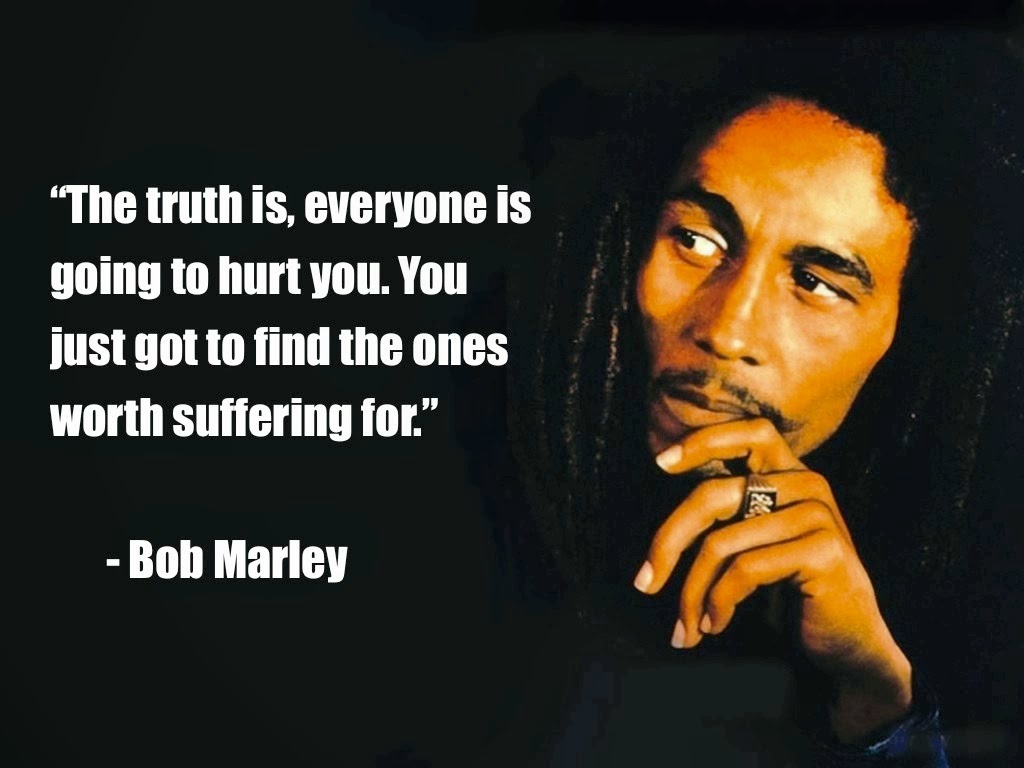In an increasingly globalized world, the concepts of ethnocentrism and cultural relativism emerge as fundamental pillars of understanding human interaction. Ethnocentrism, referring to the evaluation of other cultures through the lens of one’s own cultural norms and values, often engenders a biased perspective that can lead to misunderstanding and conflict. Conversely, cultural relativism advocates for an appreciation of cultural differences, positing that no culture is superior to another. Together, these concepts resonate deeply within discussions on diversity, inclusion, and intercultural dialogues, meriting a thorough examination.
To begin with, it’s essential to appreciate the foundational tenets of ethnocentrism. This phenomenon isn’t merely a conscious choice but rather an ingrained perspective shaped by societal conditioning. Individuals raised in a particular culture often inhabit a worldview that positions their cultural practices as the default. This raises critical questions: What inherent qualities do we attribute to our cultural norms that make them appear universally valid? Moreover, such preconceptions can lead to stereotyping, where individuals from different backgrounds are unjustly pigeonholed into narrow definitions based on their culture.
Ethnocentrism often leads to a diminished understanding of the complexity of human societies. For example, customs that may seem unusual or grotesque to one group might embody profound significance for another. A sobering realization arises: individuals tend to view their lifestyle not just as preferable but as the epitome of rationality and morality, often disregarding the validity of other cultural practices. This phenomenon is well-captured in the saying, “When in Rome, do as the Romans do”—though oftentimes, individuals might refuse to adopt this wisdom when faced with cultural differences. Therein lies the peril: a culture, when viewed solely through an ethnocentric lens, breeds ignorance and fosters conflict.
Transitioning from the pitfalls of ethnocentrism, one encounters cultural relativism, a concept that implores individuals to immerse themselves in the understanding and appreciation of diverse cultural practices. Rather than evaluating cultural differences through a superior lens, cultural relativism argues for a more nuanced approach. It asserts that one must suspend judgment and instead endeavor to understand cultural practices within their specific social and historical contexts. This idea shifts the focus from comparison to comprehension, thereby encouraging dialogue and mutual respect.
Cultural relativism challenges individuals to step outside the confines of their own cultural biases. It insists upon the importance of recognizing that moral principles and social practices are profoundly influenced by cultural contexts. The implications of this understanding extend well beyond mere tolerance; they foster empathy and acceptance for various cultural expressions. A culture rich in traditions and practices can be appreciated for its depth and diversity, allowing for a more harmonious coexistence among disparate groups.
It becomes apparent that the interplay between ethnocentrism and cultural relativism is not merely theoretical; it has tangible implications on society. For example, in multicultural societies, or regions experiencing immigration, ethnocentric attitudes can result in divisiveness and marginalization of minority communities. In stark contrast, an embrace of cultural relativism can facilitate community development and social cohesion, paving the way for mutual support and shared understanding. By endorsing cultural relativism, societies can harness the power of diversity to enrich the social fabric, rather than risk fragmentation through misunderstanding.
However, cultural relativism is not without its challenges. Critics posit that a wholesale acceptance of cultural practices could lead to a moral relativism that undermines universal human rights. For instance, practices such as female genital mutilation or child marriage, often defended under cultural pretexts, raise ethical queries regarding the limits of cultural tolerance. Navigating the fine line between respecting cultural differences and advocating for universal human rights requires a discerning balance. It is imperative to engage in these discussions without resorting to ethnocentric judgments, ensuring that the dialogue remains constructive and focused on mutual understanding.
An intriguing observation emerges: the polarity between ethnocentrism and cultural relativism often elicits a fascination with the very nature of culture itself. Culture, in essence, serves as both the vessel and the lens through which individuals experience life. It encapsulates shared beliefs, values, and practices, shaping identities and informing worldviews. This complex tapestry of human existence invites exploration, prompting inquiries into the motivations behind cultural expressions. Why do certain practices consistently transcend cultural boundaries, while others remain entrenched within specific communities?
Such questions underscore a deeper inquiry: How do we define authenticity in cultural expression? Ethnocentric views often focus on the superficial manifestations of culture—art, clothing, food—while neglecting the more profound, intangible values that propel these expressions. In contrast, cultural relativism encourages delving into the philosophies and histories that underpin cultural practices, allowing for a richer appreciation of their significance. This exploration fosters cultural literacy, empowering individuals to engage with diverse perspectives thoughtfully and respectfully.
Ultimately, the journey through ethnocentrism and cultural relativism offers more than just an academic exploration; it encourages individuals to reassess their own cultural lenses. It beckons introspection and challenges preconceived notions, paving the way for enriched intercultural dialogues. As societies grapple with globalization, migration, and technological advancements, fostering an environment that values cultural relativity becomes exponentially vital. The exchange of ideas, traditions, and values among diverse cultures not only enhances personal growth but also fortifies the collective fabric of society.
In summary, grappling with ethnocentrism and cultural relativism unveils a complex narrative about human interaction. To cultivate a society that embraces diversity, it is essential to recognize and transcend ethnocentric biases. By advocating for cultural relativism, individuals and communities can foster understanding, promote social cohesion, and celebrate the rich tapestry of human experience. Recognizing the beauty in our differences while simultaneously seeking common ground may well be the path toward a more harmonious existence.
